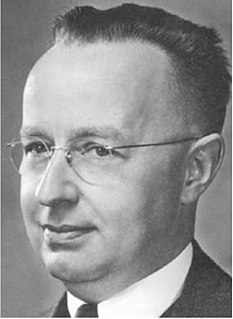A Quote by Todd Park
Data by itself is not useful. Data is only useful if it can be applied for public benefit.
Related Quotes
Data isn't information. ... Information, unlike data, is useful. While there's a gulf between data and information, there's a wide ocean between information and knowledge. What turns the gears in our brains isn't information, but ideas, inventions, and inspiration. Knowledge-not information-implies understanding. And beyond knowledge lies what we should be seeking: wisdom.
Oppression tries to defend itself by its utility. But we have seen that it is one of the lies of the serious mind to attempt to give the word "useful" an absolute meaning; nothing is useful if it is not useful to man; nothing is useful to man if the latter is not in a position to define his own ends and values, if he is not free.
When dealing with data, scientists have often struggled to account for the risks and harms using it might inflict. One primary concern has been privacy - the disclosure of sensitive data about individuals, either directly to the public or indirectly from anonymised data sets through computational processes of re-identification.
One of the myths about the Internet of Things is that companies have all the data they need, but their real challenge is making sense of it. In reality, the cost of collecting some kinds of data remains too high, the quality of the data isn't always good enough, and it remains difficult to integrate multiple data sources.




































